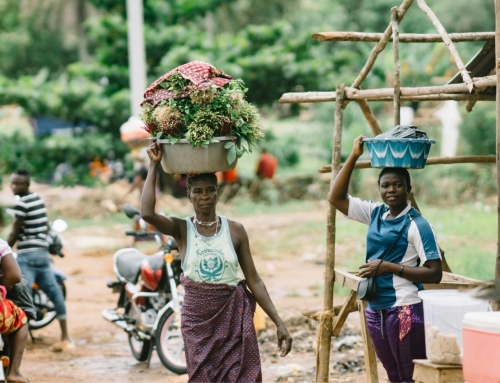The Challenge
The Mekong river, the largest river in Southeast Asia, is particularly vulnerable to the effects of climate change. Specifically, extreme weather events such as droughts and variable water temperatures have threatened the livelihood of millions of individuals who rely on the river for agriculture and seafood. Due in part to these concerns, USAID designed the Sustainable Mekong Portfolio (SMP) to work in collaboration with donor communities to promote sustainability and effective resource management of the river. The Lower Mekong Region was targeted specifically by the Department of State (DoS) to strengthen its environmental management across Thailand, Burma, Laos, Cambodia and Vietnam. The effort from 2010-2019 sought to improve water and sanitation access, and water security with the increasingly unpredictable water resources.
SI’s Evaluation
Social Impact was contracted by USAID to conduct a performance evaluation (PE) of the SMP to determine development gaps, challenges and opportunities related to the conserving the region’s environmental resources. SI’s evaluation was guided by two main questions: how effective is the current portfolio, and what should future programming look like? Specifically, SI’s teams sought to determine the extent to which the SMP was appropriately safeguarding the region’s development investments, and if new opportunities should be considered to reach this goal. Additionally, SI examined what other interventions should be prioritized in future programming and how partnerships within the region could be strengthened. In order to conduct the PE, SI utilized several evaluation tools including key informant interviews, focus group discussions and document reviews.
Results
SI concluded that the SMP was taking concrete and positive steps towards reaching the goal of developing coordinated partnerships for sustainable resource management in the Mekong region. Based on the research and evaluation conducted, SI presented several activity-specific recommendations. For the SMP, SI recommended the project continue its focused on regional coordination and improve its approach to monitoring and evaluation. Additionally, SI suggested integrating social and gender-oriented issues more intentionally in SMP activities so that the project reflected the stakeholder’s involvement in the region’s challenges. One of SI’s critical recommendations was to focus future funding programming on biodiversity conservation and sustainable landscape projects. SI’s evaluation of the SMP was ultimately designed to inform USAID and the Regional Development Mission for Asia’s approach to existing programming and determining future funding allocation.
To read more, click here to view the full evaluation report.
Photo credit: Nevada Today








